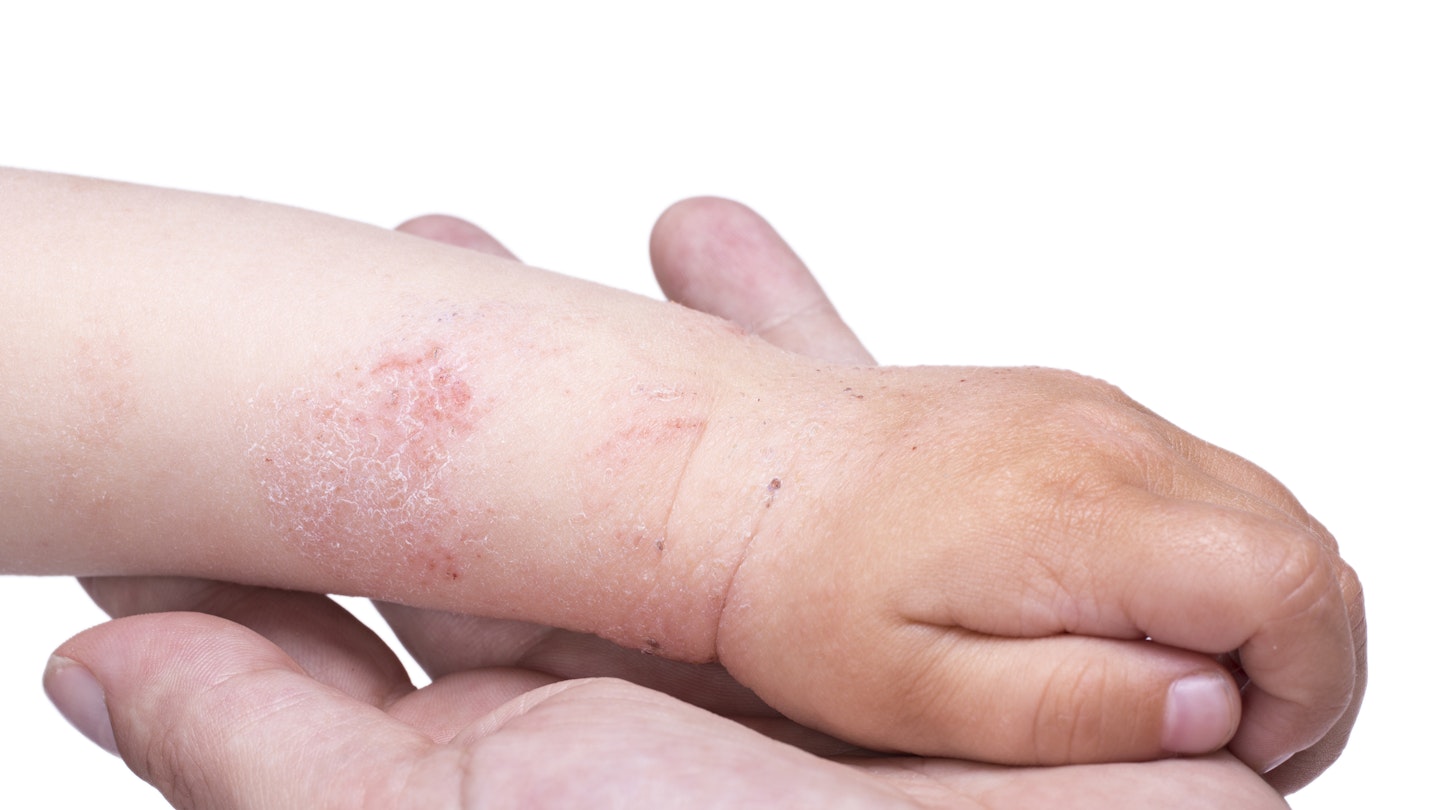To mark 40 years of the National Eczema Society, AVEENO has spoken to Dr Rob Hicks about his top skincare tips for dry, eczema-prone skin.
Avoid bathing too often, and for too long, as it can strip the skin of its protective oils and dry it out. Take extra care when towel-drying the skin after bathing, pat gently rather than rubbing to reduce irritation.
Use bath oil to keep skin moisturised and hydrated, and make sure the water is luke-warm as hot water can irritate the skin.
Frequent moisturising is essential to help manage dry, eczema-prone skin. Put some moisturiser into a small pot that you can carry with you, then each time your child's skin feels itchy and they want to scratch it, gently run in some of the moisturiser instead of scratching.
Avoid wool and synthetic clothing if these cause irritation, and choose cotton clothing as much as possible - cotton is smooth, cool, and allows the skin to breathe, and so prevents overheating.
Creating a colourful chart that your child adds a sticker to each time their cream needs re-applying will help them feel engaged and in control of looking after their skin.
Keep your child's nails short so they cause less damage if they do scratch. Try cotton gloves at night if your little one scratches in his sleep.
